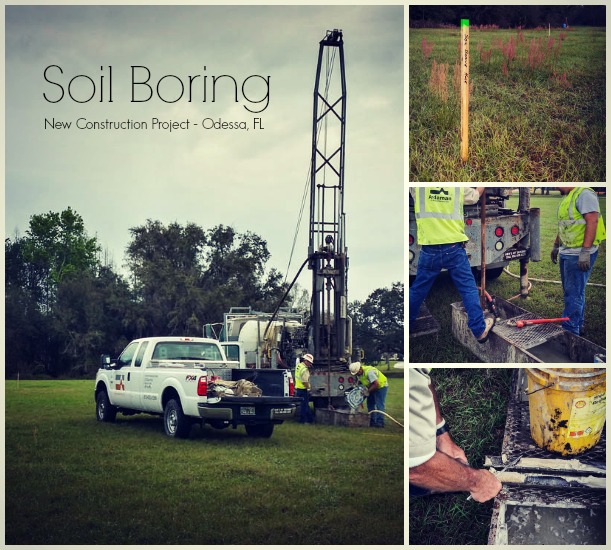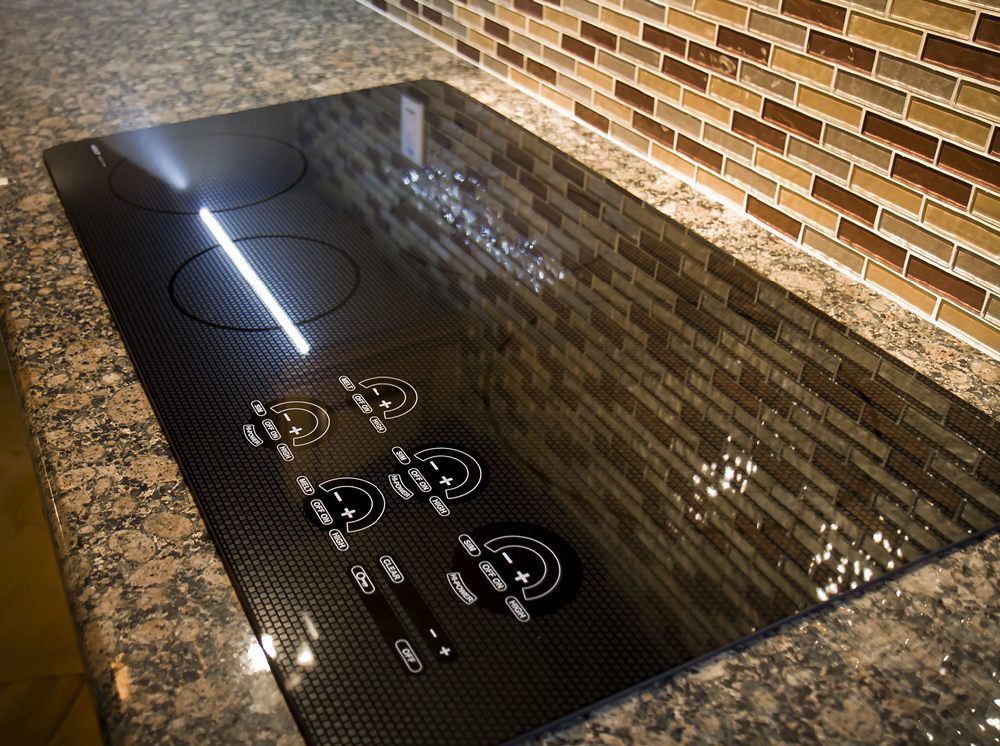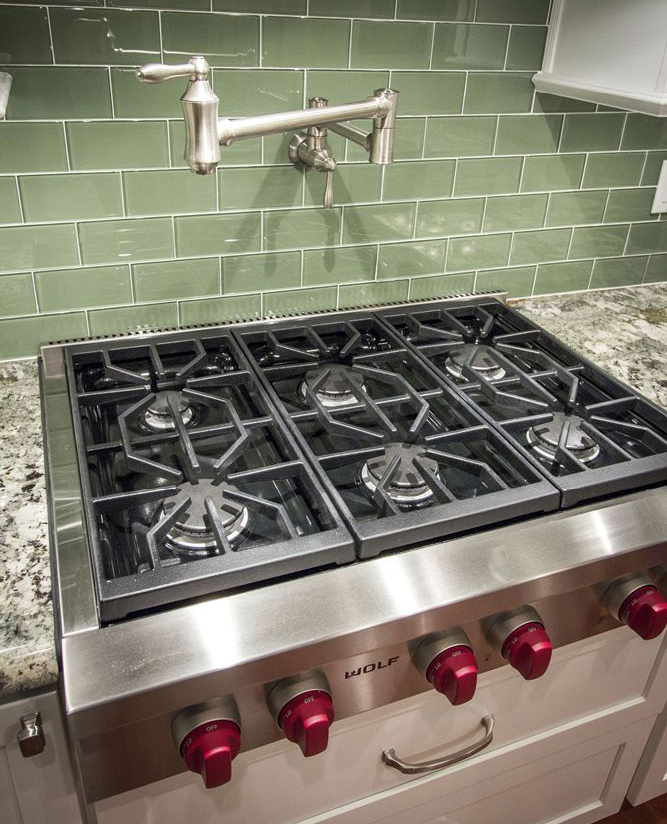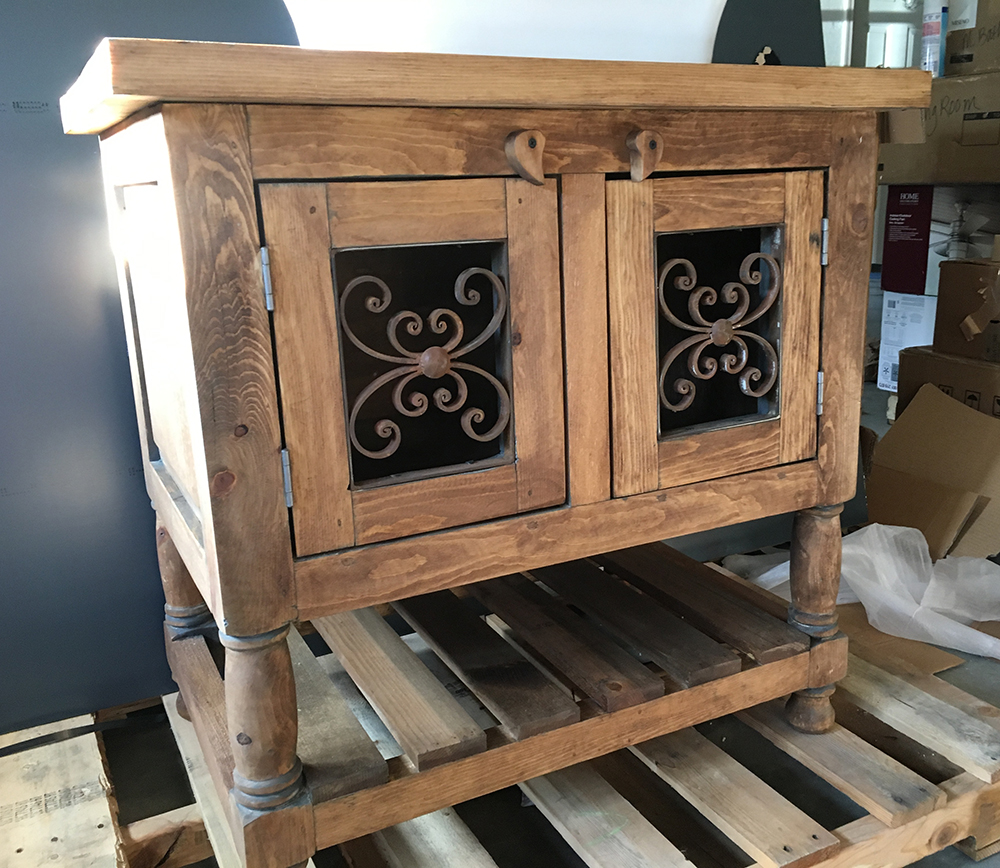When it comes to a fancy dinner parties, boring is bad. However, when building a new custom home, boring is a good thing—when it comes to soil boring, that is.
You will find that some custom home builders do not bother to do soil borings before they start the foundation of your home. Let me tell you, this is a very bad idea. Without soil boring tests, a home builder has no idea of what lies below the foundation of your new home.
Not knowing what lies beneath your new home could spell disaster. Recently, one of my masons told me how he found sinkhole concrete when he dug out the footers for a new million dollar home located in South Tampa.
Afterwards the lot was determined to be unsuitable for building.
By the time he made this discovery, the homeowners had already purchased the lot, signed a contract with a builder to build their new home, and had already gone through the lengthy design and permitting process.
Can you imagine the emotional and financial toll a discovery like this would cause? Obviously, this is a position you never want to find yourself in.
While this is an extreme example, it is not uncommon to find old buried organic matter, debris, old concrete or masonite debris, septic tanks and drain-fields, etc., all of which could cause major problems in your foundation.
Although your lot may look perfect on the surface, the bottom line is that you do not know what your home will be built upon without doing soil boring tests.
We recently completed four 25-foot deep boring tests on a new home we are about to break ground on. Two borings were done for the home & two were done for the barn. It’s a good idea to do at least two borings per structure and more if the home is very large.
The drilling process is fairly straightforward. A drill crew arrives on site with a drilling rig. They drill to a depth of 25 feet, and collect core samples as they go.
They evaluate the core samples on site, and bring samples back to the lab for further inspection by the engineer. They also note any unusual or unstable soil, as well as any other issues they encountered during the drilling process.
In addition to determining the material makeup of the soil under your new home, the other most important purpose of these tests are to determine the weight bearing capacity of your soil. This is done on site using what is called a “blow count” test.
The drilling crew uses a 140-pound hammer to pound a drill bit into the ground. The purpose of this test is to see how many times it takes to push the drill bit 6 inches into the ground. This helps the drilling crew determine the N-value of the soil. The N-value is determined by the total blows it takes to reach 18 inches into the soil.
In this image, the label on the core sample shows the numbers 4, 4, & 5. This means that on the first 6-inch section it took four hits of the hammer to drive it into the ground. The second 6-inch section of soil took four hits of the hammer, and the third 6-inch section took five hits of the hammer to drive it into the ground.
The N-value for this 18” section of soil equals 13.
Higher N-values equals stronger soil.
The drilling crew actually performs this blow count test every 6 inches for the first 10 feet, at least every five feet thereafter. On our project, we tested down to 25 feet deep, so the drilling crew performed a minimum of 23 blow count tests.
With the N-value and the core samples, along with the notes and observations of the onsite drilling crew, a soil engineer will then determine the true bearing capacity and makeup of the soil under the home.
With this information, your engineer can accurately determine the correct size and configuration for the footers and foundation on your new home.
Unbelievably, some home builders foolishly choose to skip this step. When builders skip this process, the engineer for the home is forced to guess what size and configuration your foundation should be based on information not specifically related to your actual home site.
As you might imagine, this is a recipe for disaster.
At Charter Bay, we stake our reputation on every project we build. As with everything in life, success is always predicated on having built a solid foundation. If your foundation has problems, then your home will have problems, and that is not acceptable to us. Bottom line – we perform soil boring tests on all of our custom home projects. It is simply the right way to build a new home and it is well worth the investment.
For more pictures related to this process, please visit us on Flickr.
Below you’ll find a short video we shot while these tests were being done on site.
Please visit our About Us page to learn more about Charter Bay and see why we think we are a different kind of custom home builder.





